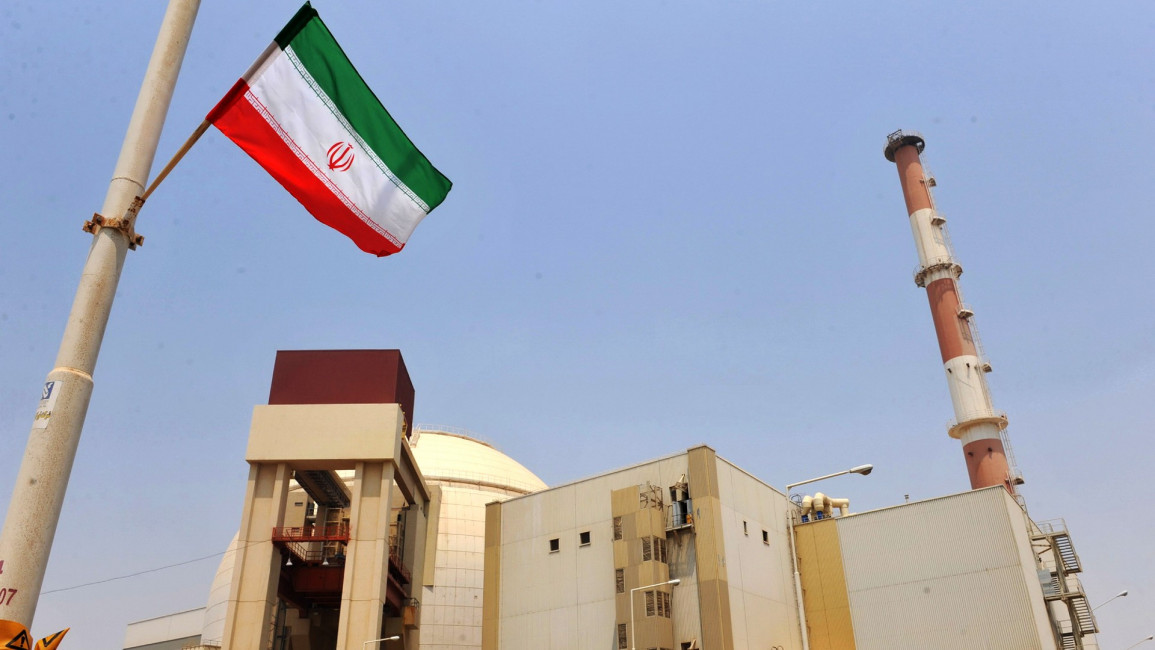UN court takes on Iran-US sanctions case
The UN's top court ruled on Wednesday that it can take on Iran's bid to overturn US nuclear sanctions, reimposed by the administration of former US president Donald Trump.
Tehran dragged the United States to the International Court of Justice (ICJ) three years ago, saying Washington breached a 1955 friendship treaty between the two countries.
Then-president Trump brought the sanctions back after pulling out of a 2015 nuclear deal with Iran to the dismay of European allies.
Washington had said the Hague-based ICJ did not have jurisdiction and must throw out the case. It also argued the sanctions were necessary because Iran posed a "grave threat" to international security.
But judges at the court rejected all of the US objections.
International Court of Justice President Abdulqawi Ahmed Yusuf said the tribunal "finds consequently that it has jurisdiction.... to entertain the application filed by the Islamic Republic of Iran".
A final ruling in the sanctions row could still be months or even years away.
The ICJ was set up by the United Nations after World War II to rule in disputes between member states.
The 2015 nuclear deal saw Tehran limit its nuclear powers and let in international inspectors, in return for an end to years of sanctions by the West.
After Trump pulled out, Iran invoked the 1955 "Treaty of Amity", which predates the 1979 Islamic revolution that overthrew the pro-US shah and severed ties with the US.
Iran said the reimposition of sanctions caused "hardship and suffering" and was "ruining millions of lives".
Rouhani rejects changes
It is the second legal victory for Iran in the case, after the ICJ ordered the US in 2018 to ease sanctions on humanitarian goods as an emergency measure while the overall lawsuit is dealt with.
In response, Washington formally ended the Treaty of Amity that same year.
The 2015 nuclear deal involving the five permanent members of the UN Security Council -- Britain, China, France, Russia and the United States, plus Germany -- has hung by a thread since Trump pulled out.
Iranian President Hassan Rouhani earlier Wednesday ruled out changes to the nuclear accord and dismissed calls to broaden the terms of the deal and include regional countries.
US President Joe Biden has voiced support for returning to the deal but has insisted that Tehran first resume full compliance by reversing measures it took to protest the sweeping sanctions imposed by his predecessor.
The Biden administration argues that Trump's actions badly backfired, with Iran both moving away from the nuclear deal and only intensifying its opposition to US interests.
Iran's Foreign Minister Mohammad Javad Zarif on Monday asked the European Union to coordinate a synchronised return of both Washington and Tehran.
Follow us on Facebook, Twitter and Instagram to stay connected



